Companies in Japan reluctant to provide lengthy parental leave

There is a large gap between the length of paternal leave employers think is appropriate and that which male employees want to take.
Building workforce resiliency key for Singapore
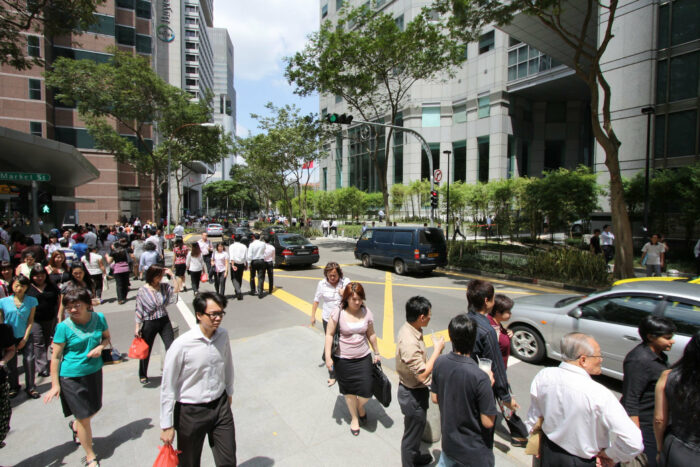
It is essential to attract the right foreign workforce who will bring in the skills to complement the local workforce, said the Manpower Minister.
Japan to increase investment in human resources
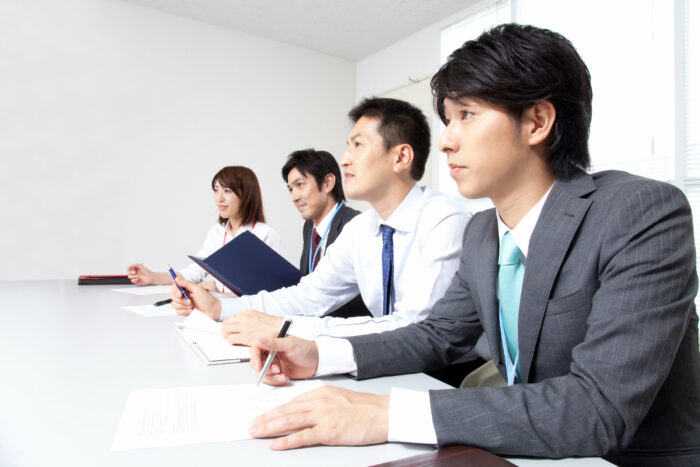
The Cabinet has approved the first annual fiscal and economic policy blueprint that pledges aggressive investment in human resources.
More Australian employers certified “family inclusive”

Of the 70 employers that have achieved the Family Friendly Workplaces (FFW) certification, 70% are providing gender equal access to paid parental leave.
Taiwan considers more support for working parents

Taiwan’s government has been urged to provide subsidies for parents who miss work due to caregiving responsibilities.
Japan to mandate firms with over 300 workers to disclose gender pay gap

Companies will not have to publish how much their workers earn, only the difference in wages between male and female workers.
Malaysia pushes for menstrual leave policy

The HR Ministry has urged government-linked companies and private firms to implement menstrual leave policies without waiting for legislation.
Central body tasked with narrowing gender inequality in Japan

The government has initiated a plan to establish an organisation to serve as the national central body for regional gender equality centres.
Indonesia closes workplace gender gap through tripartite collaboration

The private sector, the government and non-governmental organisations have been urged to improve skills and promote women leadership.
Japan to double budget for childcare support

Measures being considered to support the budget include companies and workers paying premiums to a child insurance system.
Adopting a skills-based approach to define job fit and competencies

A tight labour market is prompting the upskill and reskill of employees to meet manpower needs, and is providing more opportunities for jobseekers.
What the growing focus on ESG issues means for CHROS
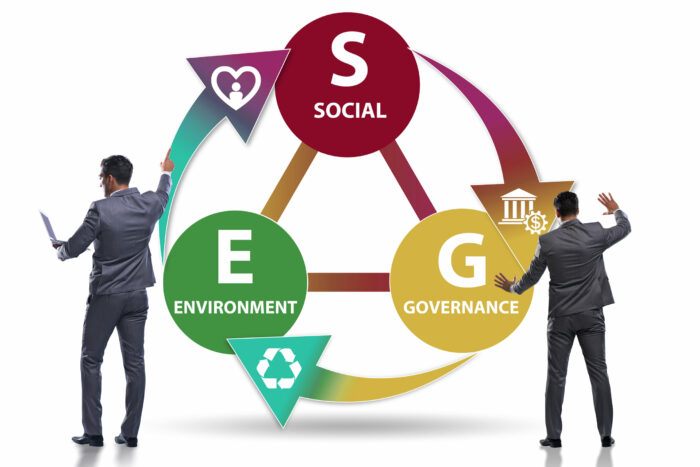
CHROs are being called on to play a greater role than ever in addressing ESG issues, including the risks and opportunities for employers.
Most South Koreans want women to keep working after childbirth

To address workplace gender inequality, most South Koreans support the return of women to the workforce after childbirth.
Indonesia urges for support for women SME entrepreneurs

Support is planned for female small and medium enterprise (SME) entrepreneurs who require financial and competency advancement to develop.
China’s Jiangsu province moves to subsidise maternity leave
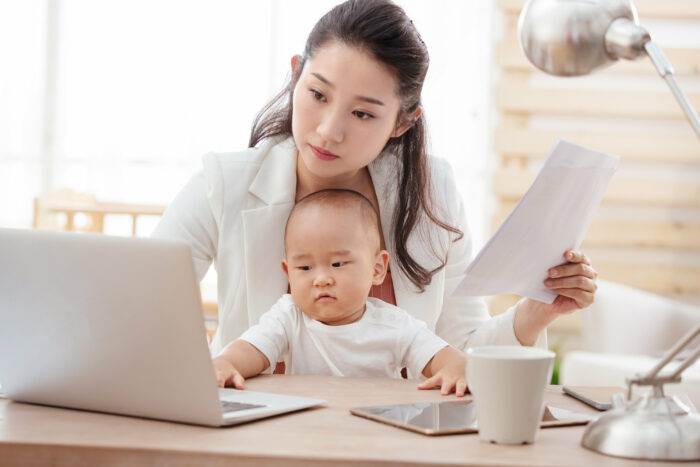
Companies in the province would be reimbursed for 50% or 80% of the social insurance paid to women who have a second child or a third child, respectively.
Malaysia raises paternity leave to seven days

Malaysia’s Parliament has amended the Employment Act, which will extend the three-day paternity leave to seven days.
China focuses on creating jobs for disabled workers

Central departments are also looking towards alleviating job market discrimination for people with disabilities.
A successful flexible work strategy begins by focusing on employees
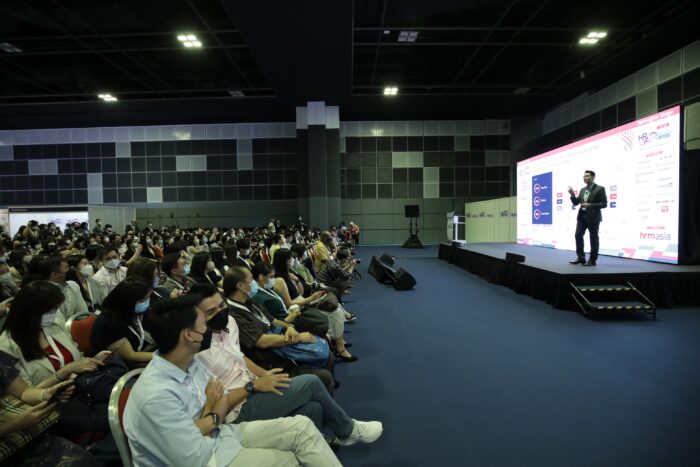
HR Tech Festival Asia 2022 brought Asia’s HR community together to reimagine the future workforce to optimise business impact.
Financial firms in Japan mandated to publish ratio of women in senior roles

The new regulation, expected to be mandatory from April next year, will affect some 4,000 listed businesses in the country.
Flexible working shaping the future of work in ASEAN
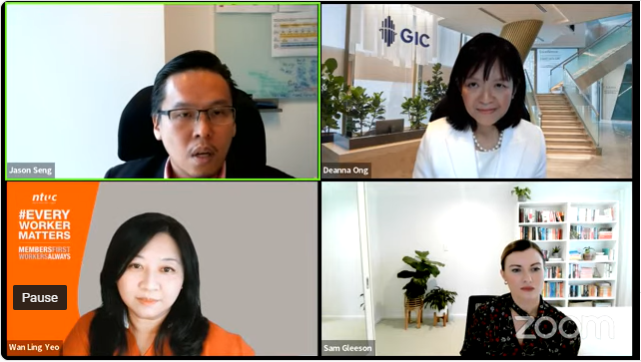
The ASEAN Future of Work conference examined the major shifts affecting the future of work in South-East Asia, including flexible work.
Vietnam strives to promote women’s economic empowerment

WeEmpowerAsia has launched 15 e-learning courses on business management and leadership skills for women, with 7,700 women receiving the training.
Addressing employee needs critical for sustained organisational growth
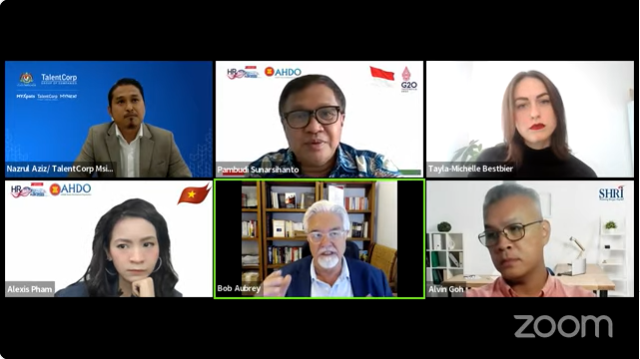
Moving to the virtual platform, HR Tech Festival Asia 2022 highlights why an organisation’s people are key to long-term success.
HR Tech Festival Asia 2022: What’s happening on Day 2
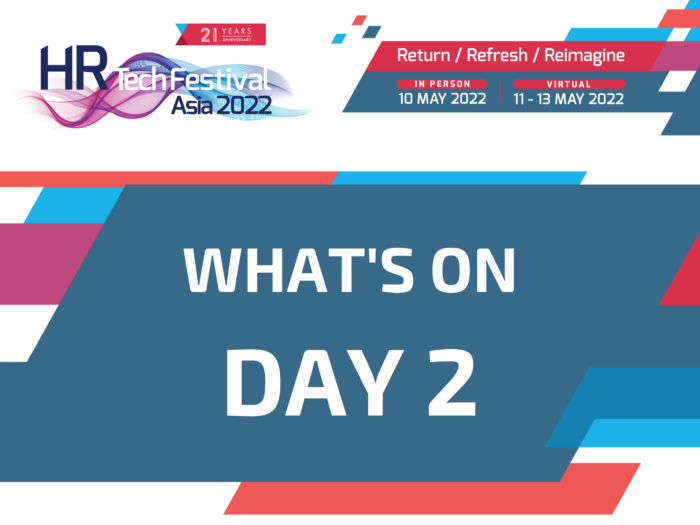
From May 11-13, HR Tech Festival Asia 2022 will be presented virtually, offering a lineup of global and regional HR leaders.
Provision of care services could create 300 million jobs worldwide: ILO

Of the new roles, women could hold 78% of these new jobs and 84% of these would be formal employment.
Female employees in Australia promised more support measures

These include gender pay equity, improved career options, improved parental leave, and elimination of sexual harassment.
Return. Refresh. Reimagine: The future of workforce management
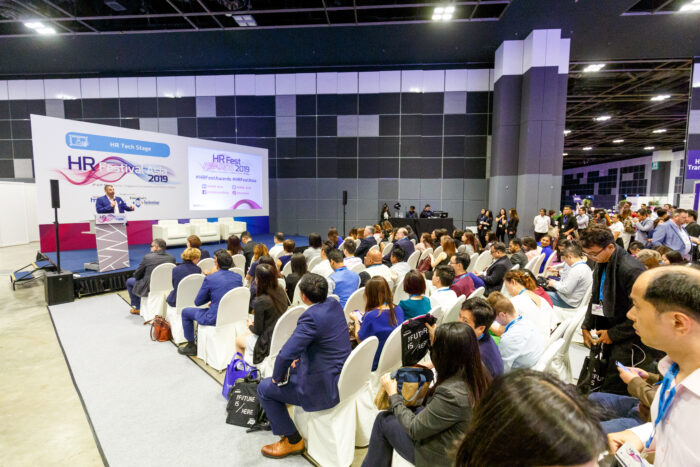
HR Tech Festival Asia 2022 will bring Asia’s HR community together to discuss key workforce issues and challenges.
What the top 4 workplace trends of 2021 has meant for 2022

Rosie Cairnes, VP, Skillsoft Asia-Pacific, examines how the top 4 workplace trends of 2021 have impacted 2022.
The talent imperative: Flexibility is a magnet for talent

Creating and sustaining a culture in which connection and collaboration thrive should be a priority for all organisations, says i4cp.
Why all employees should co-lead your change strategy

Ruby Kolesky, Co-CEO of Joyous, describes her experiences of improving the performance of people in an organisation by making them feel loved.
China aims to improve employment for disabled workers

Jobs will be created for the disabled at government departments, public institutions, state-owned enterprises and private businesses.

